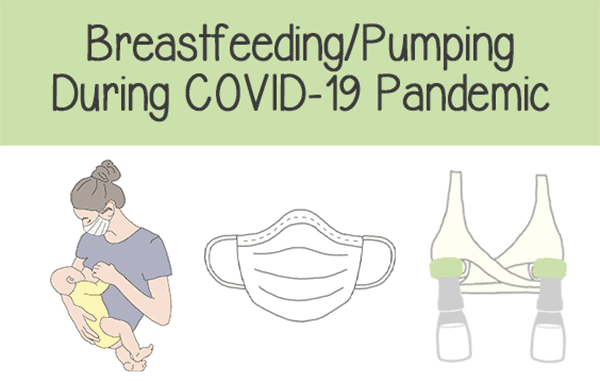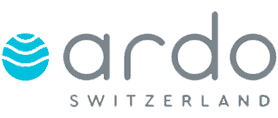
CORONAVIRUS AND EXPRESSING BREAST MILK
The current situation regarding the spread of COVID-19 presents us with challenges that we have never faced before. Mothers infected with the virus must above all protect their immediate environment as well as the littlest members of their families. The antibodies in breast milk play a role for babies that should not be underestimated here. It is therefore important to us at Ardo to provide you with reliable information from dependable sources about expressing breast milk.
I am infected—may I feed my baby with breast milk?
Yes, you can continue to breastfeed your baby and feed your baby with expressed breast milk. According to current information, Coronavirus has not been detected in the breast milk of infected mothers. Whether COVID-19 even passes into breast milk or not has not been fully clarified.(1) However, it can be assumed that the breast milk contains antibodies that the baby absorbs, thus preventing an infection or reducing the severity of an infection.(2) Which hygiene measures are recommended.(3) When touching your baby, you should take the following actions to keep the possibility of infecting the baby as low as possible:- You should wear a face mask when in the immediate environment of or when in close contact with the baby.
- Before and after direct contact with your child, it is essential that you thoroughly wash your hands.
- Disinfect surfaces that may be contaminated.
What must be noted when I am expressing breast milk?
To keep contagion as low as possible, you must adhere to the following hygiene measures:- Wear a face mask during preparations for expressing breast milk, while expressing, and when cleaning the pumpset and pump.
- Thoroughly wash your hands before and after expressing according to the recommendations from WHO.(4)
- Disinfect the surfaces of your ARDO breastpump by wiping them with a disinfectant that does not contain phenol
- After every use disassemble the ARDO pumpset and then clean it:
- Wash and thoroughly rinse the pumpset and boil for about 10 minutes according to the instructions for use.
- Use disposable paper towels to dry.
- Store the pumpset in a clean location and cover with a cloth towel. Only use the towel once.
Please only use Ardo pumpsets. These provide the closed pump system with the best possible
protection. The proven “Vacuum Seal” technology creates a 100% hygiene barrier and ensures that
no breast milk or contamination can enter the connecting tube or the pump itself.5)
Can I store expressed breast milk without any concerns if I am infected?
There is currently no authoritative literature about storing breast milk from mothers infected withCOVID-19. According to our current information, we recommend continuing to store and date
expressed breast milk as before. If the information provided should change, the stored milk can still
be fed to babies or in the worst case disposed of.
Can I purchase an Ardo breastpump without any concerns?
The specialist personnel at Ardo manufacturing facilities are diligently applying standard hygiene requirementsand paying greater attention to ensuring they are implemented fully in the current situation. You will
therefore receive a clean pump that you can use without any concerns.
How long does coronavirus survive on the surfaces of pumps and pumpsets?
The National Institute of Health states that COVID-19 survives for two to three days on plastic.(6) Thismeans that the same survival time applies for the Carum and Calypso breastpumps, which are made
of high-quality plastic, as well as for all Ardo pumpsets.
Sources used
1) https://www.cdc.gov/coronavirus/2019-ncov/prepare/pregnancy-breastfeeding.html
2) https://www.llli.org/coronavirus/
3) https://www.unicef.de/informieren/aktuelles/blog/coronavirus-was-eltern-und-schwangere-jetztwissen- sollten/211680
4) https://europeantissue.com/de/richtiges-handewaschen-empfehlungen-der-welt-gesundheitsorganisation- who/
5) https://www.ardo.ch/stillen-closed-system-technologie-bakterienbarriere.html
6) https://www.nih.gov/news-events/news-releases/new-coronavirus-stable-hours-surfaces
Date March 30, 2020: Recommendations made by the institutions mentioned may change. Please check the websites listed above should the current situation worsen.

